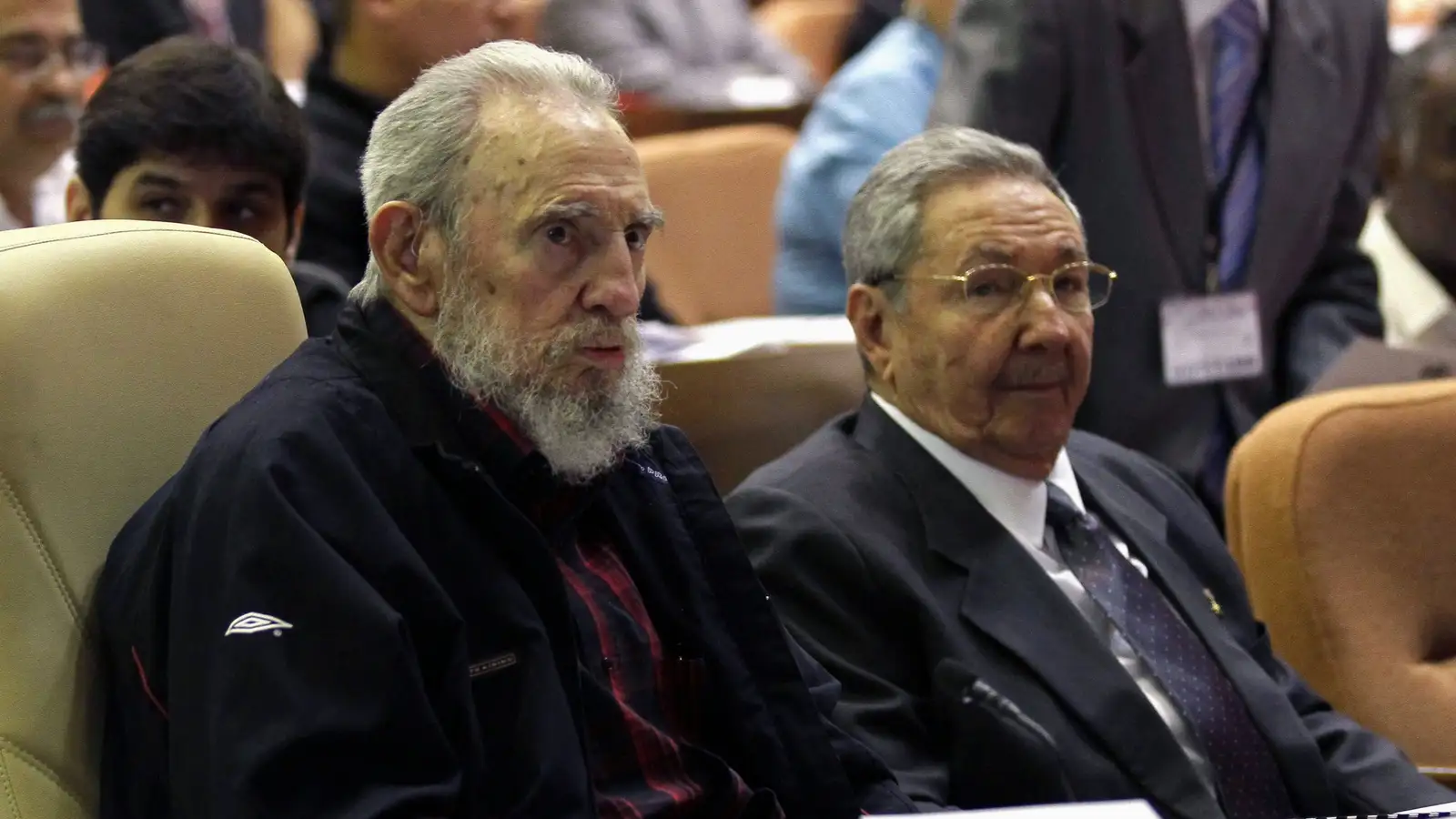The long-ruling Castro brothers have plucked a bureaucrat from obscurity as their heir-apparent to rule Cuba, and named 2018 as the year of the transition. The country’s new president will be Miguel Diaz-Canel, a 52-year-old life-long party official little known outside the country.
At a party function on Feb. 24, President Raul Castro anointed Diaz-Canel by naming him first vice president of the Council of State. “He is not an upstart or improvised,” Castro told Cuban officials. By international standards, it may not have been a rousing tribute. But that may be good for Diaz-Canel’s sake, since prior heirs-apparent have been named only to vanish, such as former foreign ministers Roberto Robaina and Felipe Perez Roque and former vice president Carlos Lage.
Raul Castro has loosened up Cuba’s economy since taking over the presidency from his brother, Fidel, in 2008. Offshore oil drilling has begun north of Havana. One presumes that Castro expects Diaz-Canel to continue his work.
Diaz-Canal has not emerged entirely from nowhere. In 2003, he became the youngest member ever to join the country’s ruling Politburo. His growing stature was signaled last year when he attended international conferences with Castro, and represented Cuba at a pro-Hugo Chavez rally last month in Caracas.
Yet after a half-century of Castroism, there are no other stars in Cuba. That leaves analysts conflicted about Diaz-Canel. Among the assessments are that he is “not a charismatic person,” and “something of an ideologue.” Yet he is also “flexible” and “open-minded … and above all intelligent,” a man who used a bicycle as transportation in the 1980s, and only stopped riding when Cuban security told him it was too risky.
The biggest question will be whether relations will finally warm with Cuba’s great antagonist, the United States. There was no indication of Diaz-Canel’s position on that issue.
